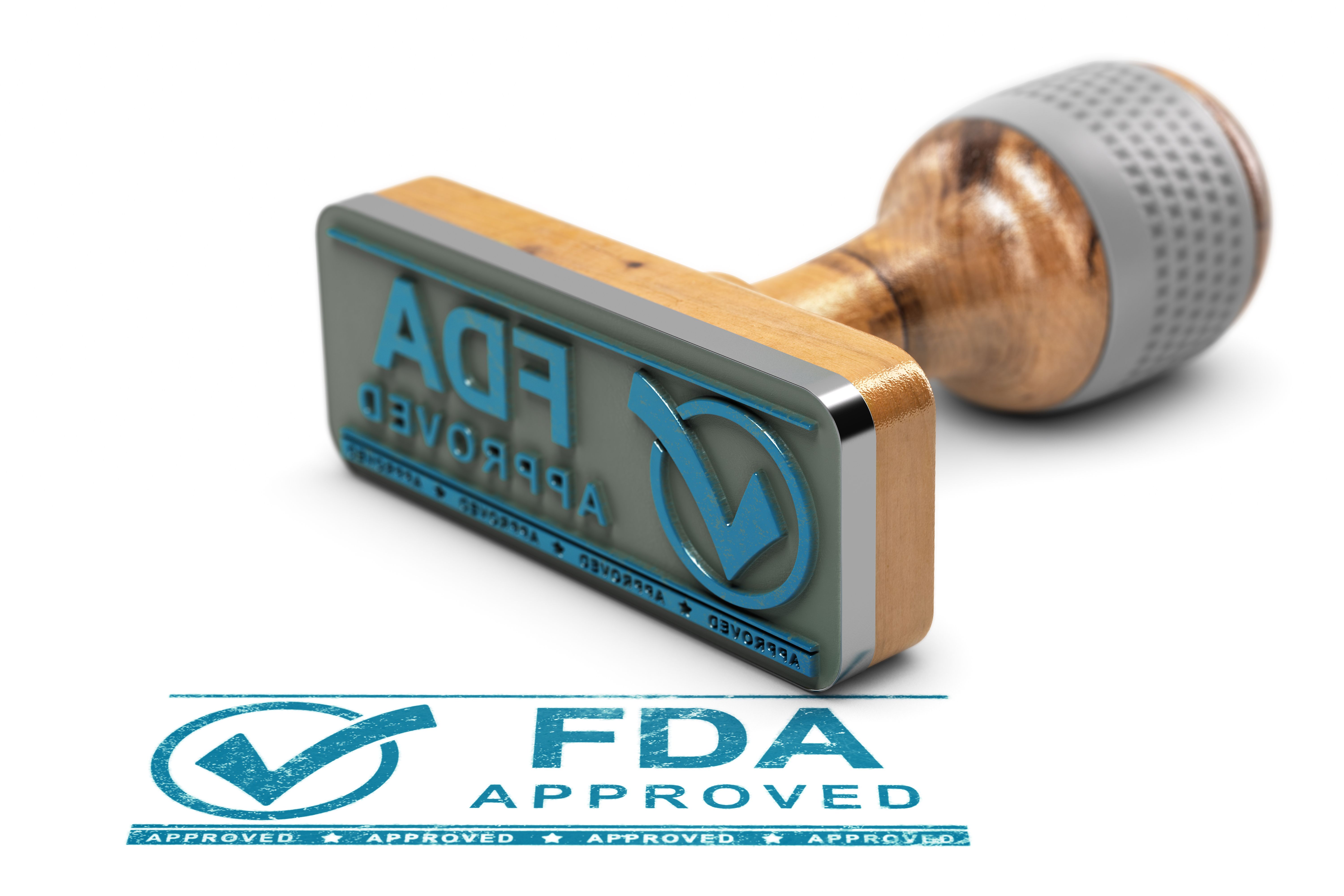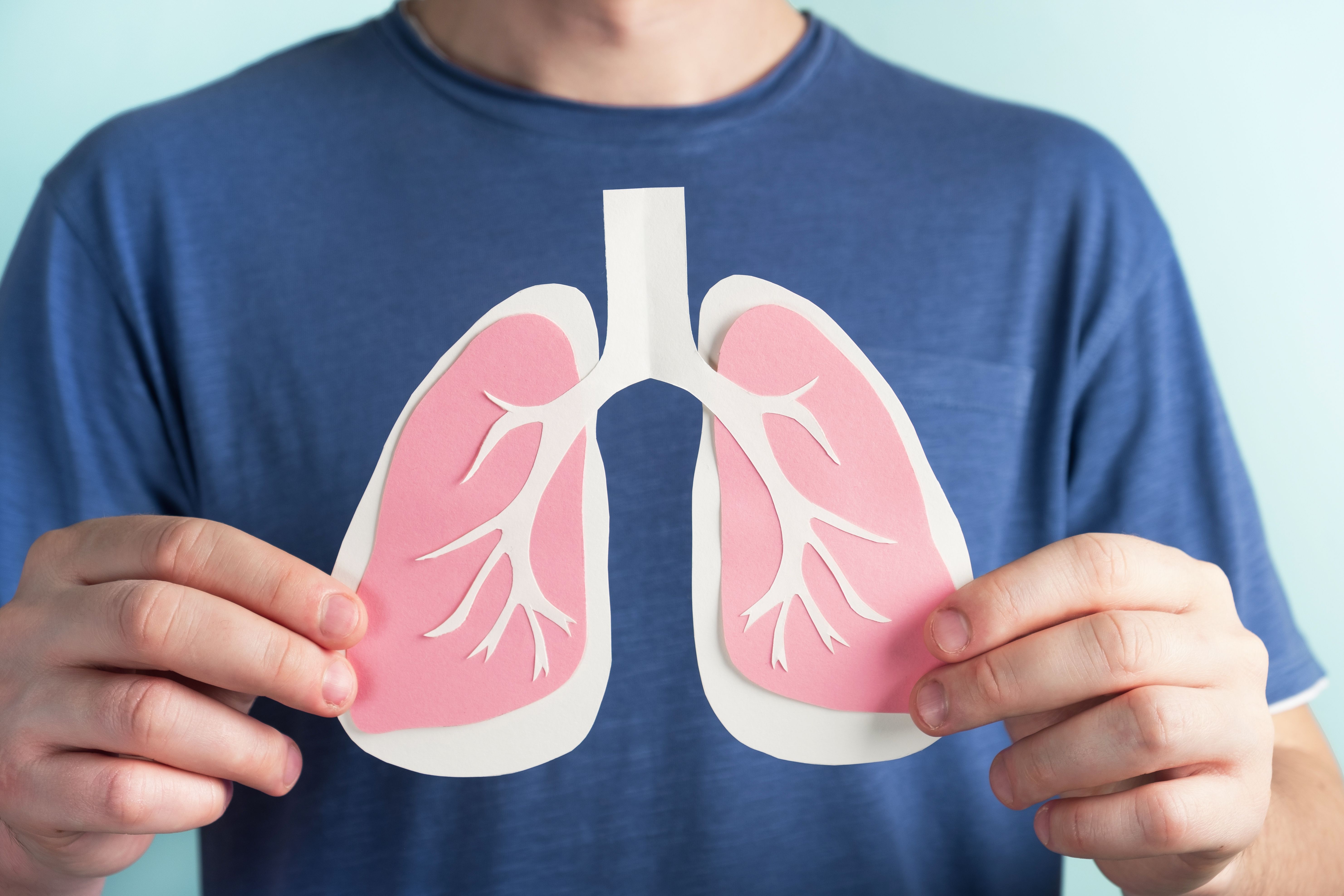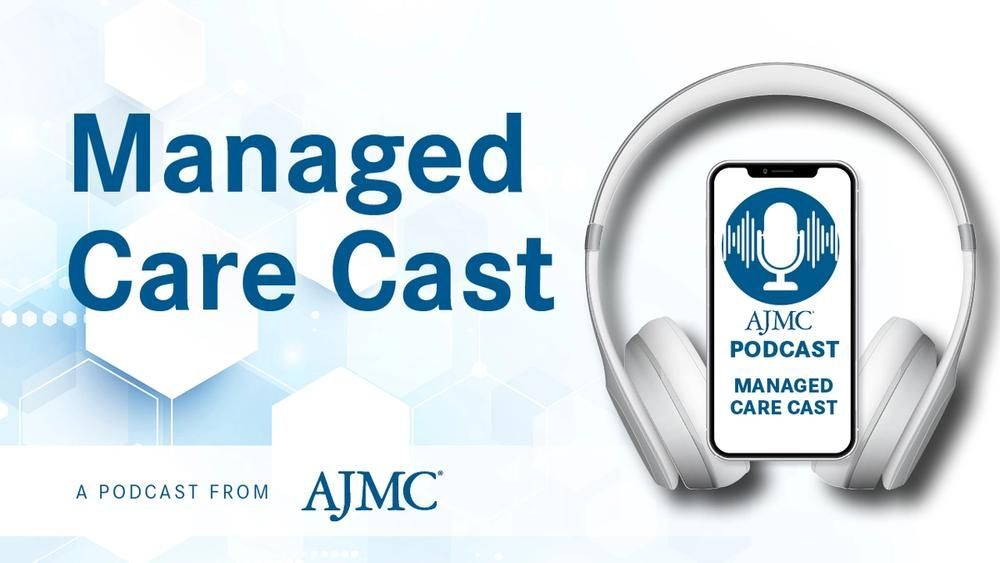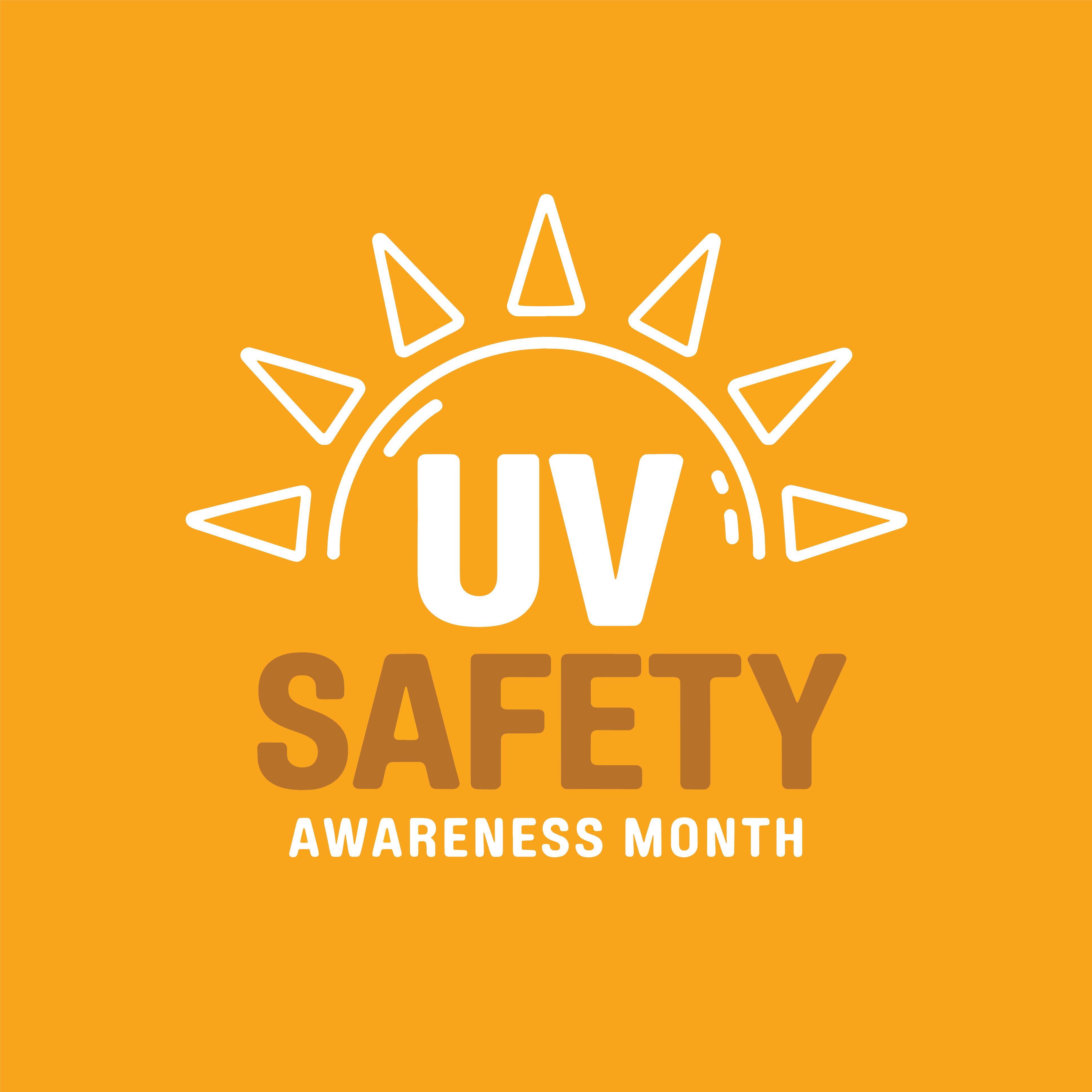News
Article
FDA Approves Lebrikizumab For Patients Aged 12 and Older With Moderate to Severe Atopic Dermatitis
Author(s):
The FDA has approved lebrikizumab (Ebglyss; Eli Lilly) as a new first-line biologic treatment for patients aged 12 and older with moderate to severe atopic dermatitis (AD).
The FDA approved lebrikizumab (Ebglyss; Eli Lilly) on Friday to treat patients aged 12 and older with moderate to severe atopic dermatitis (AD) who weigh at least 88 pounds.1
This approval provides patients with a new first-line biologic treatment and is especially targeted toward those whose disease is not well controlled with topical therapies. More specifically, lebrikizumab is an interleukin (IL)-13 inhibitor, preventing the skin from becoming spongiotic, therefore stopping a lot of itching.2
Lebrikizumab 250 mg/2 mL injection can be used with or without topical corticosteroids (TCS).1 The recommended initial starting dose is 500 mg, equating to 2 250-mg injections at weeks 0 and 2, followed by 250 mg every 2 weeks until week 16 or later when adequate clinical response is achieved. After achieving adequate clinical response, maintenance dosing is a single monthly injection, or 250 mg every 4 weeks.
Lilly announced that lebrikizumab will be available to US patients in the coming weeks and that it is working with insurers, health systems, and providers to enable broad patient access. Lebrikizumab was previously approved for use by the European Commission in 2023 and Japan in January 2024; Lilly said it expects the treatment to be approved by additional markets later this year.
The FDA has approved lebrikizumab as a new first-line biologic treatment for moderate to severe atopic dermatitis. | Image Credit: Olivier Le Moal - stock.adobe.com

“Today’s approval allows people the opportunity to reimagine life with eczema as Ebglyss offers a targeted approach to reduce a main cause of eczema inflammation," Daniel Skovronsky, MD, PhD, president of Lilly immunology, chief scientific officer and president of Lilly Research Laboratories, said in a press release. "Ebglyss provides long-lasting symptom relief with a convenient once-monthly maintenance dose.”
This approval was based on results from the ADvocate 1 (NCT04146363), ADvocate 2 (NCT04178967), and ADhere (NCT04250337) studies, which included over 1000 adults and children with moderate to severe AD who were unable to control their symptoms with topical prescription medicines. For each study, the primary endpoint was clear (Investigator Global Assessment [IGA], 0) or almost clear (IGA, 1) skin at week 16 of treatment.
During the 16-week treatment period of the ADvocate 1 and 2 studies, patients received lebrikizumab 500 mg initially and at week 2, followed by 250 mg or placebo every 2 weeks. Also, in the maintenance period, patients with moderate to severe AD who achieved clinical response after 16 weeks were re-randomized to receive lebrikizumab every 2 or 4 weeks or placebo for an additional 36 weeks.
In an average of the ADvocate 1 and 2 studies, 38% of patients who took lebrikizumab achieved clear or almost clear skin at week 16 vs 12% with placebo; also, 10% saw these results as early as 4 weeks. Of these patients, 77% maintained clear or almost clear skin at 1 year with once-monthly dosing. Conversely, 48% of patients who switched from lebrikizumab to placebo at week 16 maintained clear or almost clear skin at 1 year.
Additionally, ADhere was a 16-week phase 3 study aimed at evaluating the efficacy and safety of lebrikizumab in combination with TCS in 211 adults and children with moderate to severe AD whose symptoms were inadequately controlled by topical medications3; children were between the ages of 12 and 17 years and weighed at least 88 pounds.
During the study period, patients received lebrikizumab or a placebo every 2 weeks; all patients also used TCS. At week 16, clear or almost clear skin was achieved by 41.2% of patients who used lebrikizumab plus TCS vs 22.1% who were given a placebo plus TCS. Therefore, lebrikizumab plus TCS was associated with improved outcomes in adolescents and adults with moderate to severe AD compared with TCS alone.
“Nearly 16.5 million adults in the US have eczema, with 6.6 million experiencing moderate to severe symptoms like itchiness, dry and scaly skin, discoloration, and rashes, which can lead to more scratching that may cause skin to crack and bleed,” Kristin Belleson, president and CEO of the National Eczema Association, said in a press release.1 “The approval of Ebglyss provides hope and promise for the eczema community and those still seeking lasting relief from disruptive symptoms.”
References
- FDA approves Lilly’sEbglyss (lebrikizumab-lbkz) for adults and children 12 years and older with moderate-to-severe atopic dermatitis. September 13, 2024. Accessed September 16, 2024. https://investor.lilly.com/news-releases/news-release-details/fda-approves-lillys-ebglysstm-lebrikizumab-lbkz-adults-and
- AJMC staff. An overview of the treatment landscape for patients with atopic dermatitis: Dr Jerry Bagel. January 20, 2023. Accessed September 16, 2024. https://www.ajmc.com/view/an-overview-of-the-treatment-landscape-for-patients-with-atopic-dermatitis-dr-jerry-bagel
- Simpson EL, Gooderham M, Wollenberg A, et al. Efficacy and safety of lebrikizumab in combination with topical corticosteroids in adolescents and adults with moderate-to-severe atopic dermatitis: a randomized clinical trial (ADhere). JAMA Dermatol. 2023;159(2):182-191. doi:10.1001/jamadermatol.2022.5534
Newsletter
Stay ahead of policy, cost, and value—subscribe to AJMC for expert insights at the intersection of clinical care and health economics.




